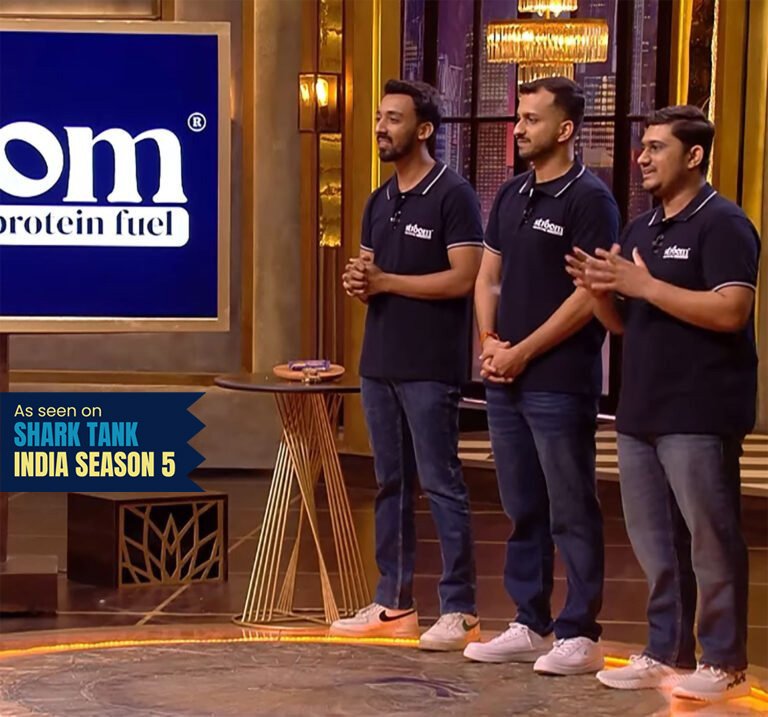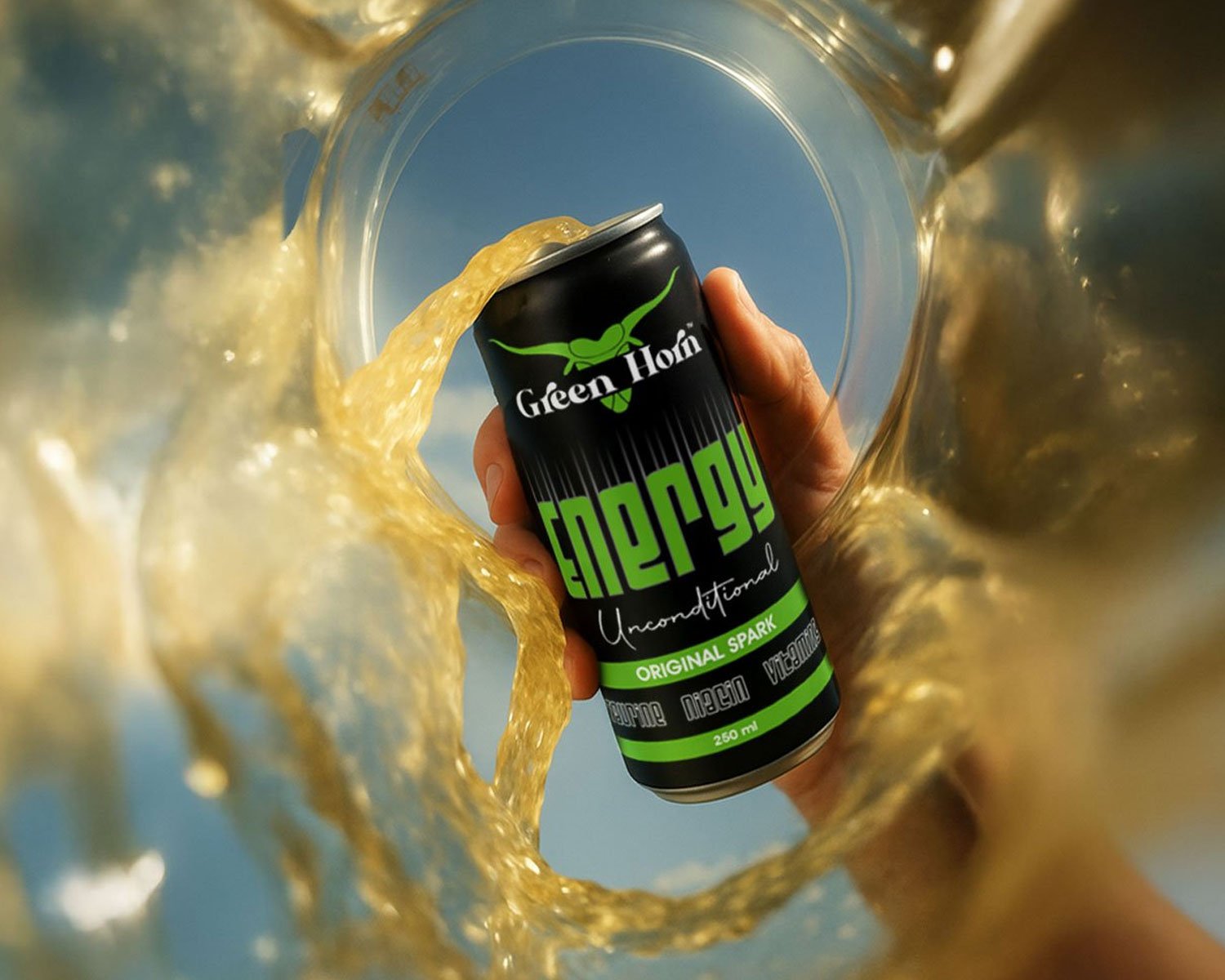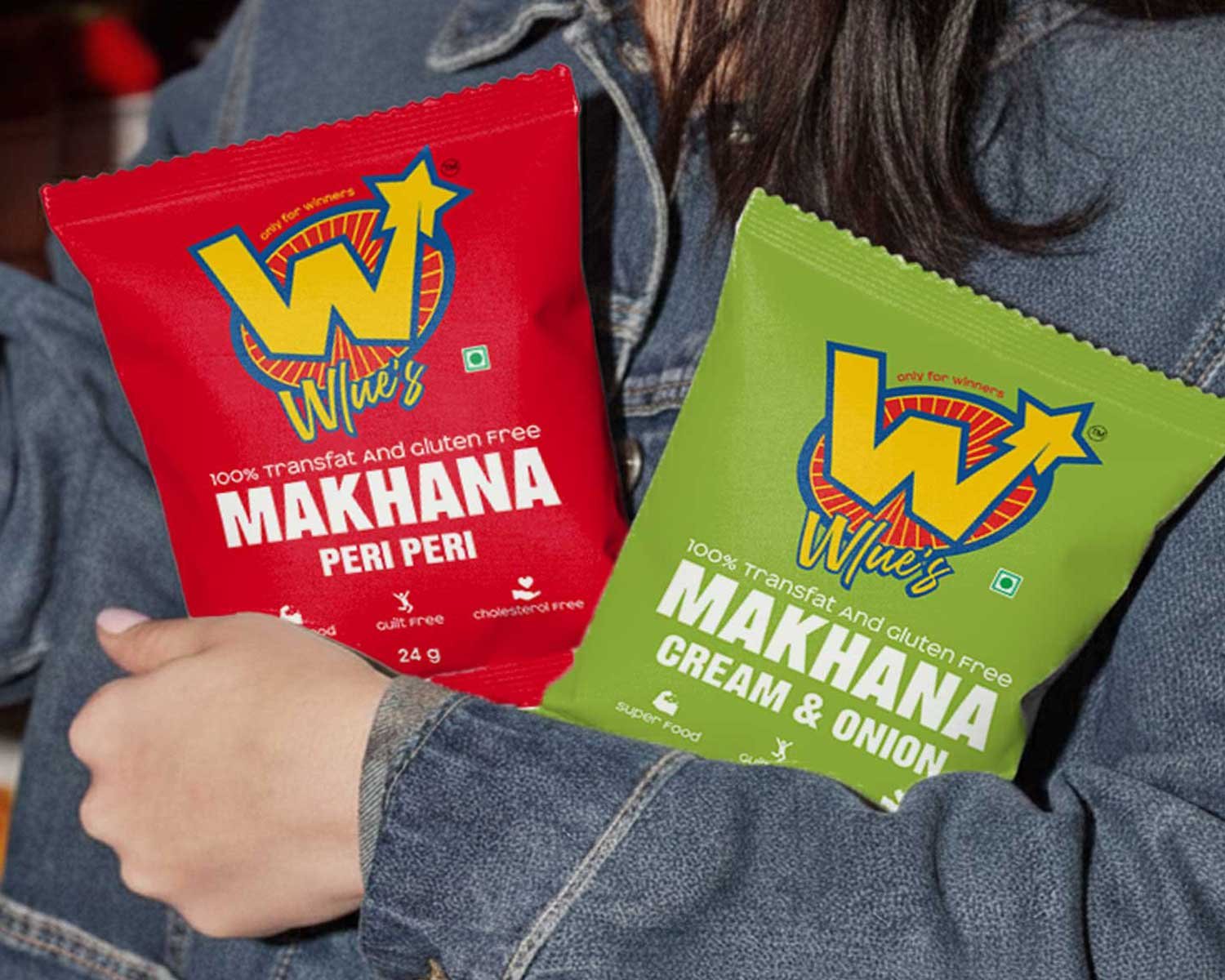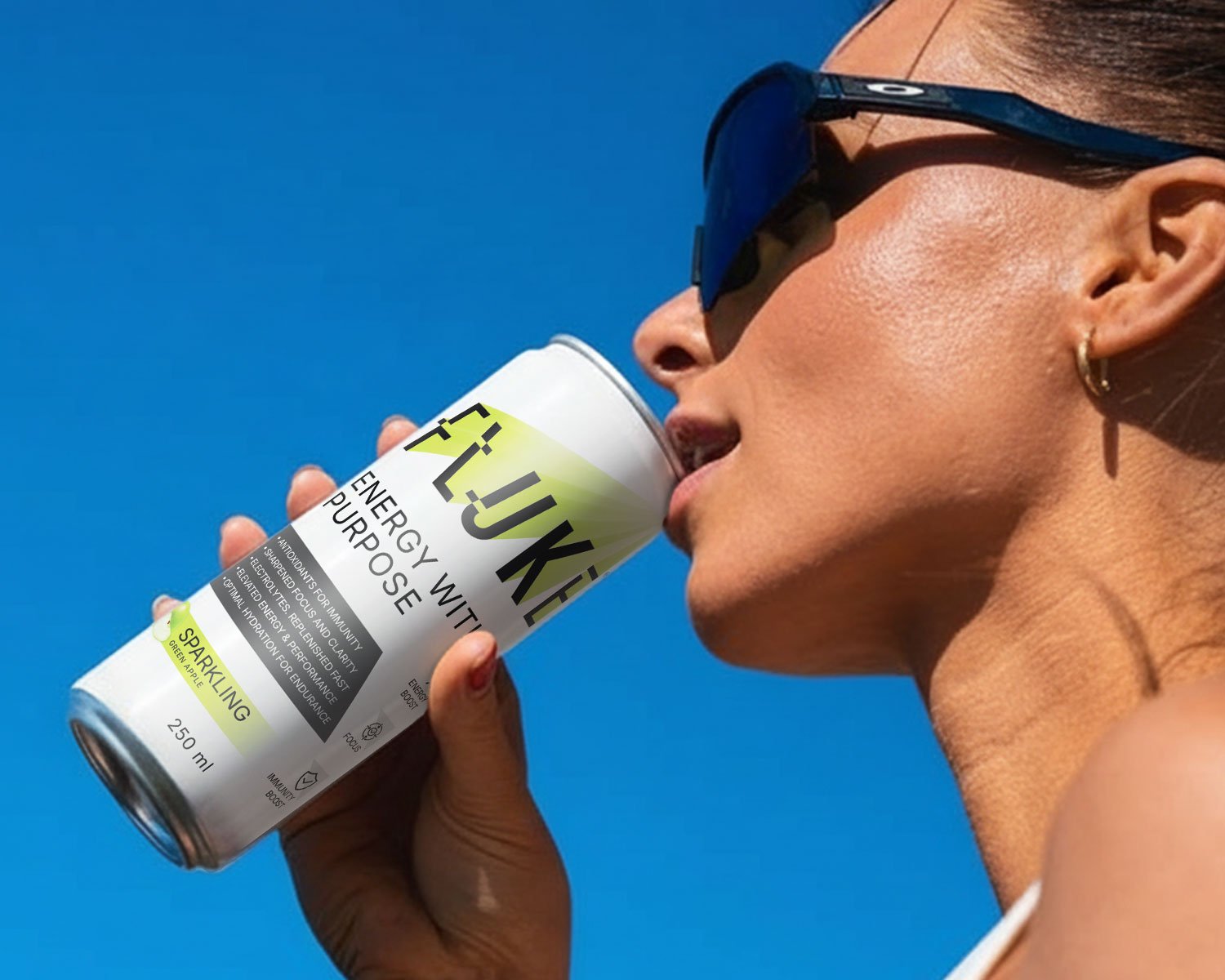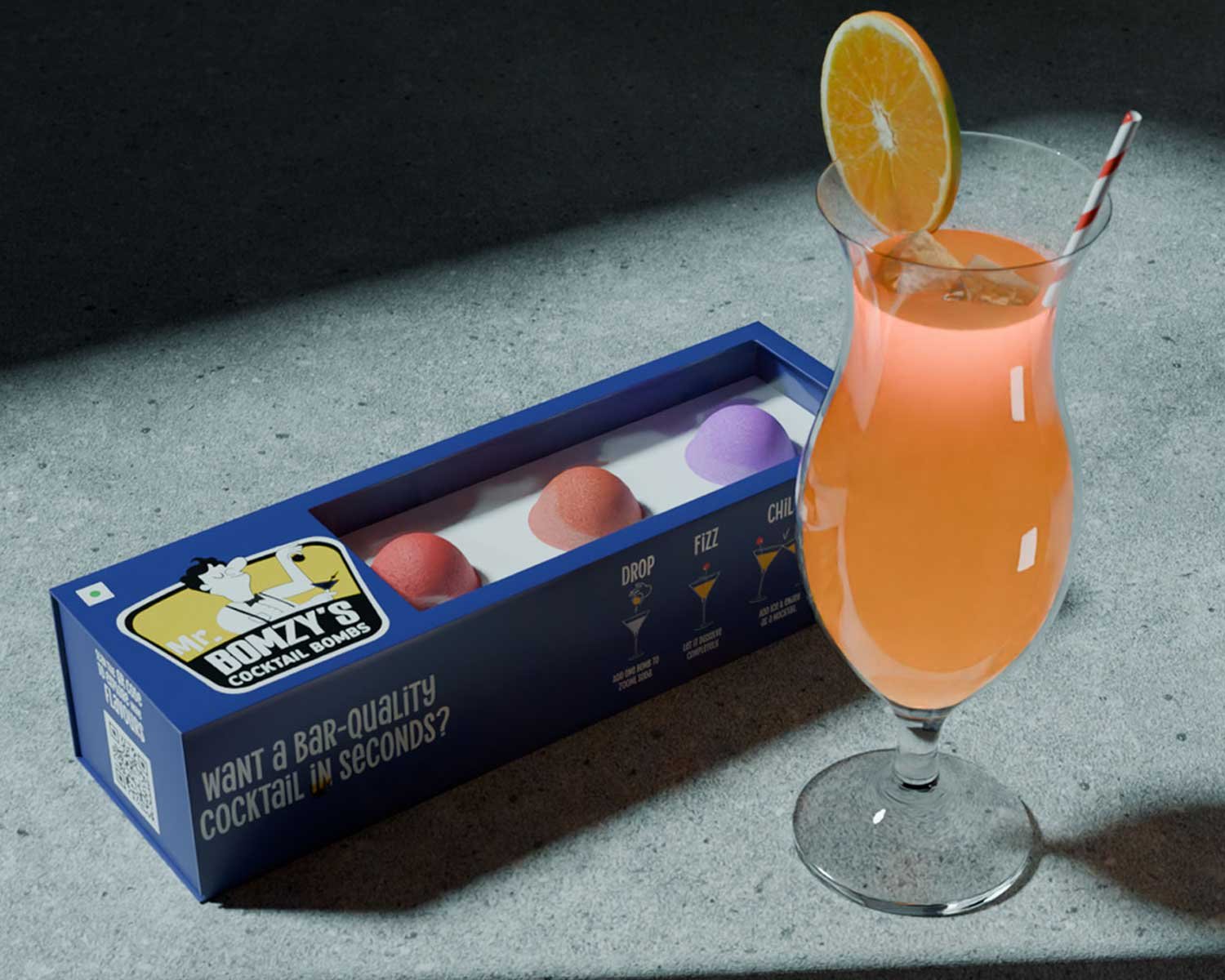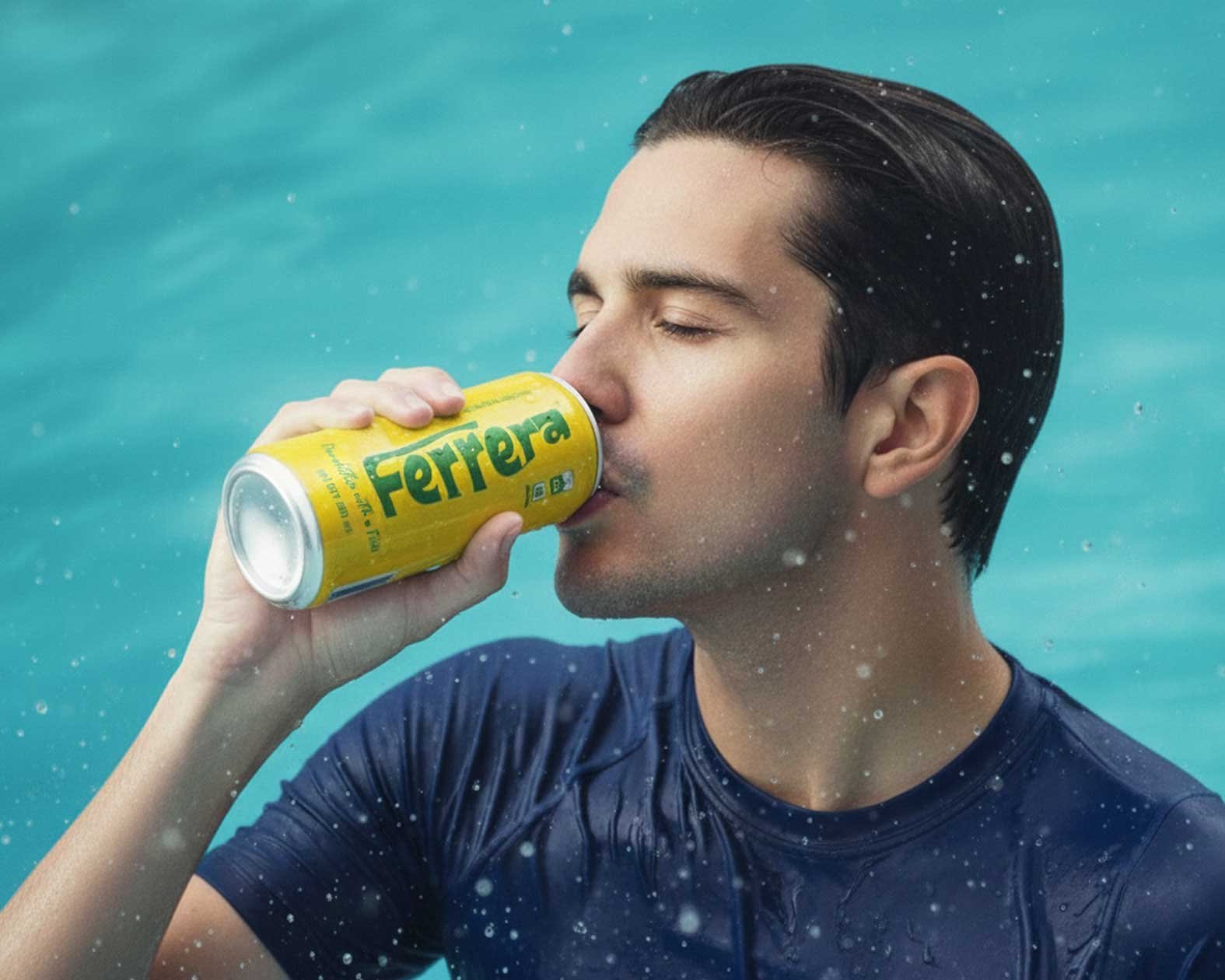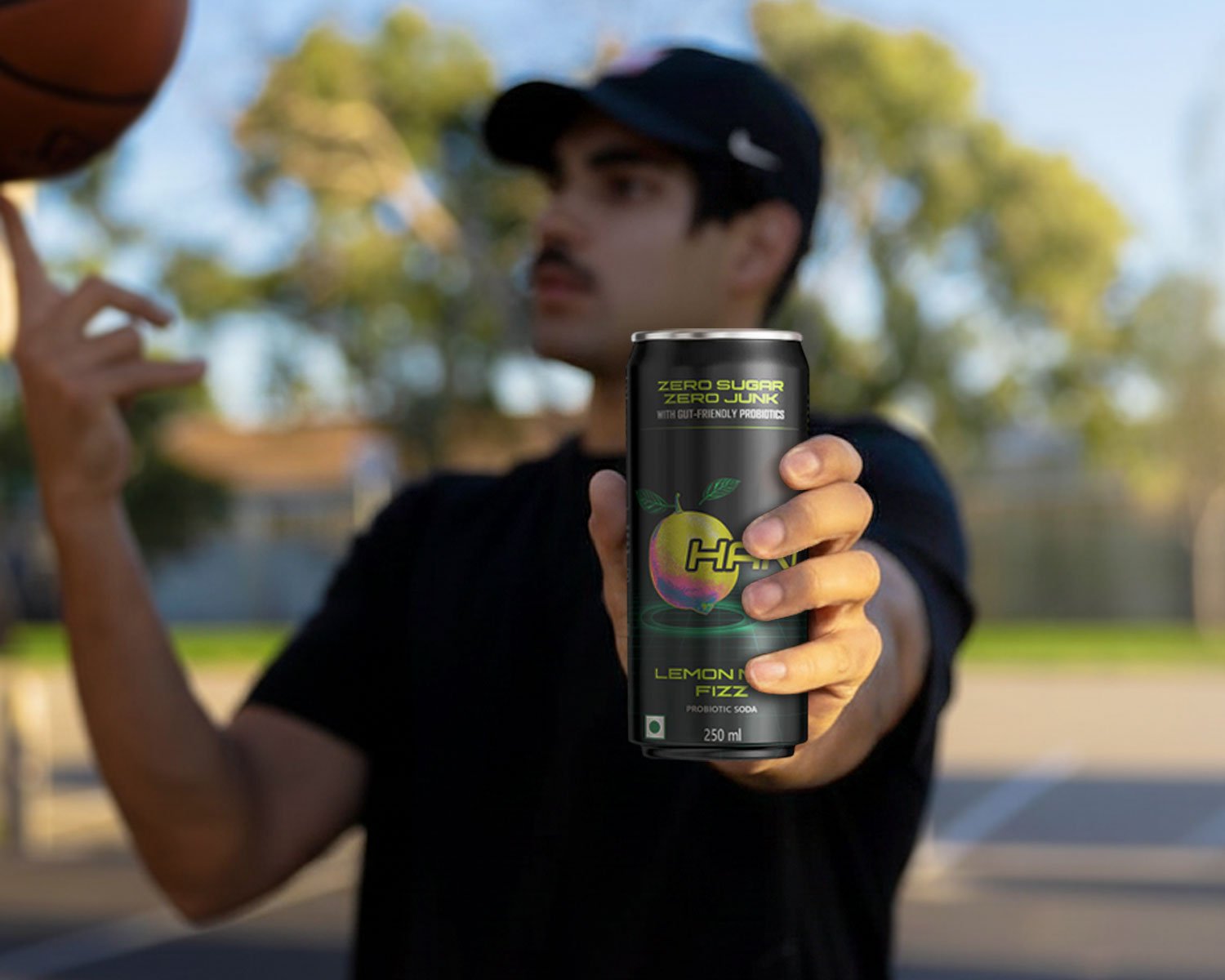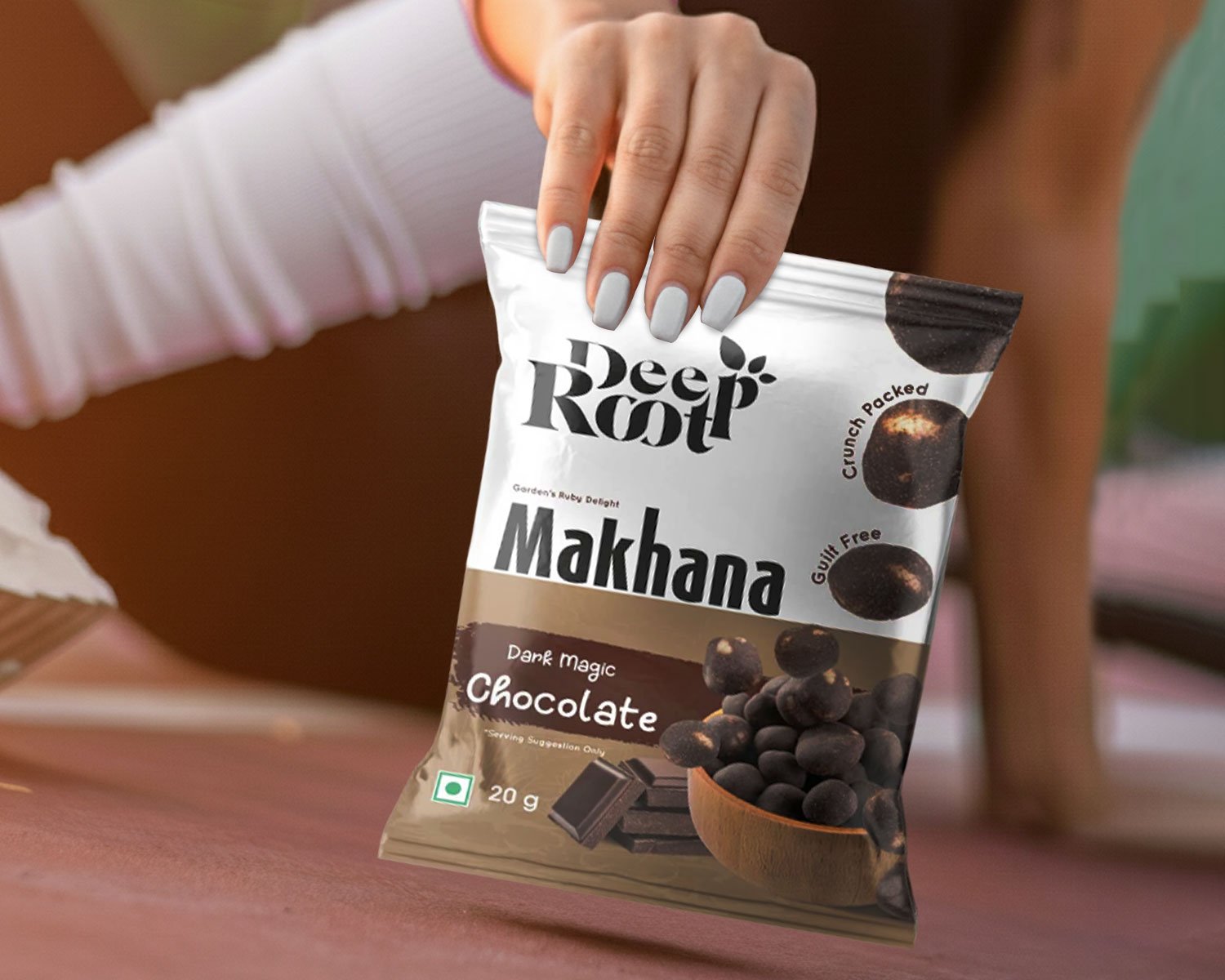A world is filled with amazing drinks where wellness and mindfulness are at the top. And here, healthy carbonated beverages amaze everyone and have become more than just a trend; yes, they’re a lifestyle choice. With the wonderful experiences in beverages like sparkling waters with a twist of fruit and fizz to amazing mocktails that can stand up to traditional cocktails, the demand for flavorful, refreshing drinks is rising day by day. Ah! Want to have a clearer picture of this? No worries, we are always here to help you. We will take you to the wonderful worlds that question all your answers. Let’s find out how these delightful drinks are created, from start to finish.
Understanding Healthy Carbonated Beverages Recipe Formulation
The healthy carbonated beverage recipe formulation is all about creating drinks that are just as enjoyable and tasty with perfect fizz and texture. Carbonated beverage recipe formulation is important to make sure that drinks are great in taste, meet market demands, and follow the rules and regulations. The focus is on creating a perfect mix of flavors, textures, and aromas that delight the senses and satisfy cravings.
Types Of Healthy Carbonated Beverages
- Low-Sugar or Sugar-Free Carbonated Beverages: Zero-calorie colas, lemon sparkling water
- Functional Carbonated Beverages: Vitamin-C sparkling drinks, magnesium-infused fizzy water, CBD sodas
- Probiotic and Prebiotic Sparkling Drinks: Sparkling kombucha, inulin-infused soda
- Plant-Based or Botanical Sparkling Drinks: Hibiscus-mint sparkling tea, basil-lemon sparkling infusion
- Electrolyte-Rich Sprakling Waters: Sparkling coconut water, electrolyte sparkling water
- Low-Calorie Sparkling Juice Blends: 30% juice with sparkling blends, pomegranate-lime spritzers
Main Ingredients In Healthy Carbonated Beverages
Flavor Extracts: These concentrated essences are the heart of a beverage’s taste. Examples include vanilla extract, lemon zest, or mint leaves, which provide the primary flavour profile.
Sweeteners: To balance the flavors and add sweetness, various options are used, such as natural sugars (like cane sugar), honey, or sugar substitutes. These help achieve the desired taste without overpowering the beverage.
Acids: Ingredients like citric acid or lime juice contribute tanginess and enhance the overall flavor profile. They also help preserve the beverage and balance sweetness.
Carbonation: Carbon dioxide is added to create the signature fizz and refreshing sparkle of carbonated drinks. The level of carbonation can be adjusted to suit different preferences.
Colourants: Natural colorants, such as beet juice or turmeric, are used to enhance the visual appeal of the beverage. They provide vibrant, appealing colors without artificial additives.
Custom Ingredients: Additional carbonated drink ingredients are customized to client preferences, such as unique flavor combinations or specific additives like pink salt, to meet particular needs and enhance the drink’s appeal.
Stages Of Healthy Carbonated Beverage Recipe Formulation
Turning a healthy drink idea into a refreshing, fizzy reality is more than mixing flavors with carbonation. It is a careful journey where every stage, from ingredient selection to final packaging, decides how the beverage will taste, feel, and perform in the market. Each step builds on the last and makes sure that the end product is not just bubbly, but balanced, stable, and consumer-ready.
Ideation And Healthy Carbonated Drink Concept Development
Creativity is the game that starts at the conception of thought from the mind of the creator, becoming real as it goes through the healthy carbonated drink development process. Ideation is the initial step in the procedure of composing carbonated beverage recipes, which includes creating ideas that are related and perfect for the existing market.
Key Considerations:
- Market Trends: Know the trends in the industry that you think might be developed, for instance, functional beverages, plant-based drinks, or no-sugar-added soft foods and beverages.
- Target Audience: Determine the target consumer in this case, anyone interested in improving his or her health, athletes or any working people.
- Flavor Profiles: Try out new combinations to get a blend that is not commonly seen but would be visually satisfying.
- Health Claims: Use products that state the health benefits, like boosting immunity or supporting hydration, to appeal to health-focused customers.
Ingredient Selection
Once the concept is clear, the next step is to go for the right ingredients to produce the final product. This encompasses the selection of carbonated substrate flavor extracts, colorants, custom ingredients, etc.
Formulation of Base Recipe
This stage involves creating a base formula, for example, a simple ratio of the ingredients, and then adjusting them for taste, texture, and nutritional values, and working on balancing the amount in proper proportions.
Prototype Development
Having a basic recipe drawn out, it is now time to build a prototype of the recipe. There is a necessity for the production of small batches and experiments or testing to find out the best formulation or refine the solutions.
Sensory Evaluation
It is only after these tests that sensory evaluation is conducted as far as taste, smell, appearance, and texture of the drink are concerned from the perspectives of experts.
Stability Testing
The way of preserving the drink is important also because the drink must be of high quality until the consumer buys it. Stability testing involves the determination of how the drink, which has been developed, performs under different storage conditions.
Nutritional Analysis
During this stage, the carbonated beverage is tested and checked to determine its nutritive value as well as to check on adherence to health policy and additional health benefits.
Healthy Carbonated Beverages Recipe Optimization
According to the response received and experiments, the composition of the product offered is refined as regards taste stability and nutritional characteristics.
Scaling Up
After the formulation has been perfected, the next question is how to industrialise the production process and still maintain high quality.
Final Product Testing and Market Launch
Finally, before the drink can reach the market, it is subjected to some final quality and safety tests. After successful testing, the product is all set to make a hero entry in the market.
Why Choose Foodsure For Healthy Carbonated Drink Formulation?
We offer matchless expertise and perfect solutions for every healthy carbonated beverages recipe formulation and food innovation. Here’s why you should partner with us:
- Trusted Partner: Foodsure is your go-to expert for crafting the perfect carbonated beverages.
- Experience: With years of experience in food and beverage formulation, we know how to create products that taste great and meet health goals.
- Expert Team: Our healthy carbonated beverages recipe formulation team of professionals works closely with you, ensuring every step of the recipe formulation is handled with care.
- Precision at Every Stage: From selecting the right ingredients to final product testing, we ensure every detail is perfect.
- Bringing Your Vision to Life: Choose Foodsure, and let us help turn your beverage ideas into reality.
Your Journey To A Healthier Fizz Starts Now!
Connect with us for innovative food product development or beverage recipe formulation. To make your efforts easy and successful, don’t waste your time searching for more and more. With full trust and confidence, contact Foodsure, Your Food Recipe Partner now at +91 8130404757 and get started with your planning!
Turn Your Beverage Idea into a Market-Ready Product 🚀
From recipe formulation to production – we make your carbonated beverage launch smooth, fast, and successful.
FAQs
What is the ideal carbonation level for a healthy carbonated beverage recipe formulation?
In professional beverage recipe formulation, the ideal carbonation level for healthy sparkling drinks is typically 2.5–3.0 volumes of CO₂. This range delivers a smooth, refreshing mouthfeel while preserving the integrity of functional ingredients, making it perfect for low-sugar sodas, sparkling waters, and probiotic beverages.
Can probiotics and other functional ingredients survive in carbonated drink formulation?
Yes—when handled by an experienced carbonated beverage formulation consultant. Functional ingredients like probiotics, prebiotics, vitamins, and adaptogens can remain stable if the drink’s pH, carbonation pressure, and packaging are carefully optimized. This ensures functional carbonated beverages maintain their claimed benefits throughout shelf life.
How can I reduce sugar without losing taste in a healthy fizzy drink formulation?
A strategic low-sugar carbonated beverage formulation combines natural sweeteners like stevia, monk fruit, or erythritol with real fruit extracts and precise acidity control. This replicates sugar’s mouthfeel and flavor profile while supporting clean label, low-calorie, and diabetic-friendly beverage development.


